
Mama to three young Binibabes, Lucy has first-hand experience of those sleepless newborn nights. Read on as we chat all things sleep & hear Lucy’s top tips on getting those all important zzz’s.
Baby sleep can be a confusing topic for any parent or care giver can't it! What are the essentials of baby sleep as you see it?
There are a number of things that you can implement as a parent to help lay the foundations of great healthy sleep for your baby from day one.
My foundations to sleep success include creating an ideal sleep environment, maintaining safe sleep practices, following an age appropriate routine, introducing positive sleep associations & being consistent in responses.
There is a LOT of information out there how do you know which routine to follow?
There is SO much conflicting advice out there about infant sleep and what is ‘normal’ or ‘not normal’ and ‘should’ or ‘shouldn’t’ be changed, I want to reassure you that if what you are doing is working for your family then it absolutely does not need to be changed.
"If you're happy with a routine that works for you and your baby, that really is all that matters."
If however, you are finding your current routine unsustainable and you would like to make some gentle changes towards better sleep, then that is also OK - there should be zero shame in asking for help!

What is ‘sleep training’ and what are the alternatives to using the ‘cry it out’ method?
"Sleep training can be gentle, responsive and tailored to suit your family!
Put simply, sleep training is the process to teach a child to become a great independent sleeper. Sleep training does not mean that you say ‘night night’ and leave the room, walk away and leave your child to cry alone to exhaustion.
When I work with families I want to have as few tears as possible and first work on getting the right foundations in place to encourage a positive experience for the whole family.
Do we all need to sleep train to have babies that sleep consistently?
Absolutely not, some babies sleep more consistently than others from day one and require little to no assistance falling asleep, others require a bit more support. If you support your child to sleep and that works for your family then fantastic, your baby will learn to sleep for longer stretches eventually, regardless of whether or not you have sleep trained.
If you are finding your situation unsustainable and your baby isn’t getting enough cumulative sleep over each 24 hour period, then some gentle changes can help.
"A well rested baby is a happy baby!"
A baby who gets enough sleep is generally more content, eats well, is less fussy, easier to soothe and more responsive during their awake time.
What would you say to someone struggling without sleep but who wants to take a gentle approach?
If your baby is beyond the 4th trimester and you are finding sleep is erratic and infrequent then I would go back to the basics I mentioned at the start so making sure they have an ideal sleep environment conducive to sleep and following age appropriate wake windows to prevent over tiredness.
"Remember, you are not alone! Disturbed sleep is absolutely normal in life with a newborn baby."
You can also aid young babies to fall back to sleep by gently patting their back, bottom or side and repeat a key phrase that sounds right to you like 'sleepy time now', so they know you are there. Once they are calm, I suggest to give them the space to try and fall asleep independently with you there and then if they get upset wait a couple of minutes before repeating. This will help them learn that they can fall asleep unaided, whilst being soothed by your presence.
Babies have been proven to settle faster & sleep longer for naps on a sheepskin. How important is it that baby is comfortable?
Comfortable sleep promotes better rest, which is essential for a baby's growth, cognitive development and emotional wellbeing. When babies are comfortable, they are more likely to settle faster and sleep longer.
Using a sheepskin for naps can provide additional comfort for babies due to its soft texture and natural warmth. Sheepskin can also help regulate body temperature, keeping your tiny person cosy and content during sleep. Also, the gentle support provided by sheepskin can create a snug environment to help them feel safe and secure.
It’s always important to follow safe sleep guidance, I recommend following the Lullaby Trust for more information - https://www.lullabytrust.org.uk/safer-sleep-advice/
What are the most common causes of early wakes (before 3am) in older babies 6 months+?
There are so many factors that can cause middle of the night wake ups, I often find that babies who wake frequently in the night in older months nearly always rely upon some form of prop to fall asleep at bedtime. If your baby replies upon a prop to fall asleep such as a dummy or your assistance, when they come into light sleep (which we all do multiple times a night!) they will find it incredibly hard to fall back to sleep without that prop.
"Gently teaching your tiny person healthy independent sleep skills can massively help in eliminating night wake ups."
My 8 Top Tips to help encourage your tiny person to sleep well are...
ONE
Create an ideal sleeping environment - ensure the room temperature is right, use black out blinds, keep the cot clear of any toys, mobiles etc. Introduce a comforter (6 months +) a BINIBAMBA Crochet BINIBEAR is the perfect size! Introduce a swaddle or sleep sack at an appropriate age. Playing consistent white noise throughout the night can help too. Always follow @lullabytrust for guidance on Safe Sleep.
TWO
Gently start to practice allowing your baby to fall asleep independently without any external props. Props come in MANY forms - dummies, feeding, patting, rocking and many more. If your tiny person is reliant on one or more to fall asleep then they will need it each and every time they wake in the night... which we all do at least several times a night briefly!
THREE
Be consistent. Whatever is happening at one sleep situation needs to be happening at all sleep situations to send a clear message about what is expected.
FOUR
Early bedtime. When babies are overtired it becomes more difficult for them to settle down and fall asleep. When sleep does come, it can be a lot more restless and fragmented. Try to pick a bedtime between 6pm - 8pm, based upon the last nap of the day and your baby’s age. You can always move bedtime a bit earlier if your child seems tired or cranky – just try not to make it any later.
FIVE
Bed-time routine. You can start this at a very early age and is an excellent cue to the body and mind that it is time to settle and get ready for sleep. Routines should last from 20 – 30 minutes and at least some of it should take place in your child’s room.
SIX
Nap-time routine. A short routine can help cue your tiny person’s body and brain that it is time for sleep. Naps can be done in a buggy on the move outside in the fresh air and I really recommend using a BINIBAMBA Snuggler to help them settle on the go! Follow age appropriate wake windows throughout the day to make sure your baby isn’t getting overtired.
SEVEN
Skipping naps or having a late bedtime can affect the next 24 hour cycle as babies become overtired. I always tell clients not to let anyone tell you that naps are not important, or that skipping them will help your baby sleep longer at night!
EIGHT
Keep feedings low key and quiet and use white noise to avoid a full wake. If you are feeding during the night & want to encourage more independence when it comes to falling asleep you can try not to let them fall asleep at the breast or bottle.


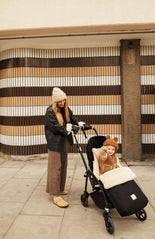

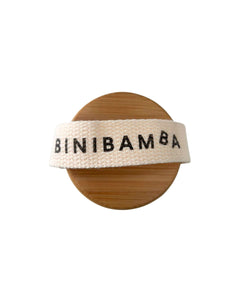
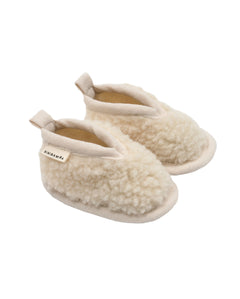
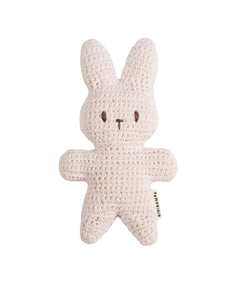
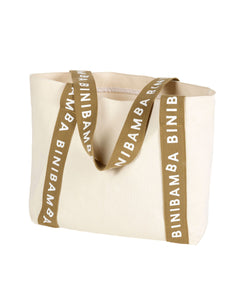
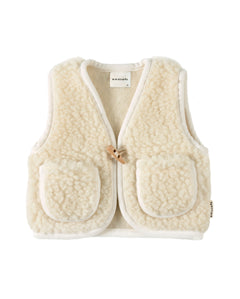




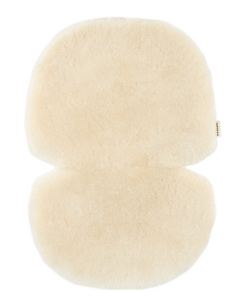
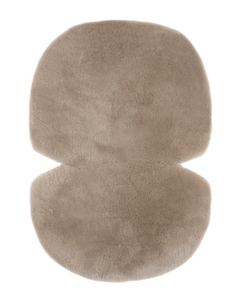

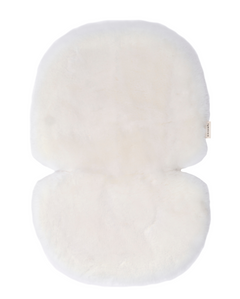

Leave a comment